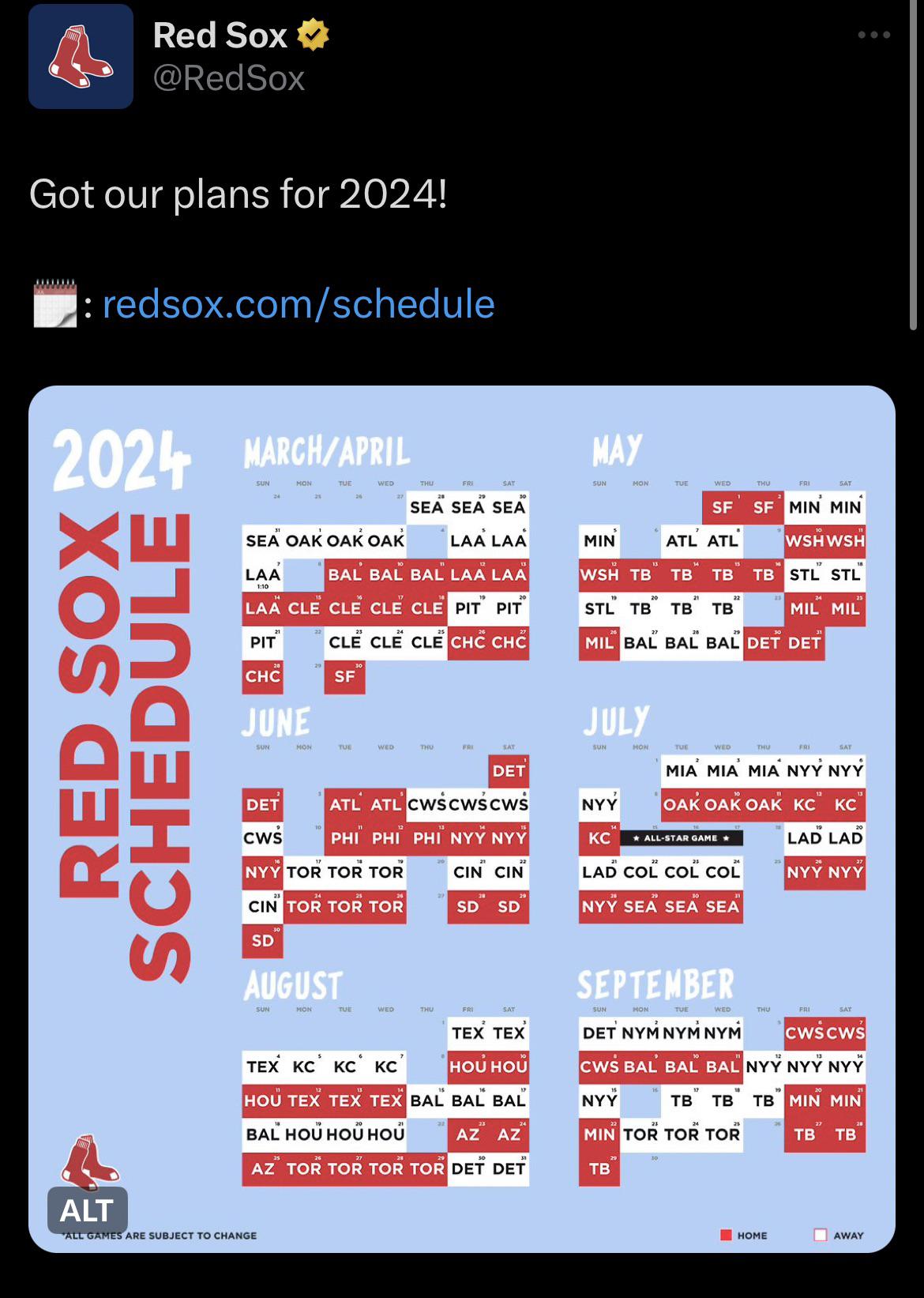Laid-Off Federal Workers: The Difficult Transition To State And Local Jobs

Table of Contents
Understanding the Differences Between Federal, State, and Local Government Jobs
Transitioning from a federal position to a state or local government role requires understanding key differences. While many transferable skills exist, variations in compensation, job security, and the overall work environment need careful consideration.
Salary and Benefits
Salary comparisons between federal, state, and local government positions can vary significantly based on location, position, and experience. While federal jobs often offer higher starting salaries in some instances, this isn't always the case. Benefits packages also differ substantially:
- Retirement: Federal employees often enjoy more generous pension plans, while state and local governments may utilize 401(k) plans with varying employer matching contributions. Careful comparison of retirement plan features is crucial.
- Health Insurance: Federal health insurance plans (FEHB) are known for their comprehensiveness, but state and local plans can offer competitive options, sometimes with lower premiums or better coverage in specific areas.
- Leave: Annual leave accrual and sick leave policies vary across federal, state, and local agencies. Research specific agency policies during your job search.
Job Security and Tenure
Federal government positions often offer a higher degree of perceived job security, with robust protections against arbitrary dismissal. State and local governments, while offering varying levels of protection (often through union representation), may experience more frequent fluctuations in hiring and potential for layoffs depending on budgetary constraints and political landscapes.
- Civil Service Systems: The federal government has a more structured civil service system compared to many state and local governments. Understanding the specific hiring processes and merit systems in your target jurisdiction is crucial.
- Unionization: Union representation varies significantly across state and local government agencies. Unions can offer valuable protections regarding job security, salary negotiations, and grievance procedures.
Transferable Skills and Experience
Many skills gained in federal employment are highly transferable to state and local government positions. Federal experience often demonstrates expertise in:
- Project Management: Experience managing large-scale federal projects translates directly to state and local government initiatives.
- Budget Analysis and Financial Management: Federal experience in budget preparation and execution is highly valued at all levels of government.
- Policy Development and Implementation: Experience crafting and executing federal policies is directly applicable to state and local policymaking.
- IT and Cybersecurity: The need for skilled IT professionals is universal across all government levels.
Examples of transferable job titles include budget analysts, program managers, human resources specialists, IT specialists, and grant writers.
Navigating the Job Search Process
A strategic job search is crucial for successful transition. Leveraging your network and utilizing the right resources is key.
Utilizing Networking and Professional Contacts
Your professional network is a powerful tool.
- LinkedIn: Update your LinkedIn profile to highlight your transferable skills and experience, and actively engage with recruiters and professionals in state and local government.
- Informational Interviews: Reach out to former colleagues and contacts in state and local government to gather information about potential opportunities and gain insights into the hiring process.
- Industry Events: Attend conferences and workshops related to your field to network with potential employers and learn about open positions.
Targeting Relevant Job Boards and Websites
Utilize targeted job boards and websites:
- State Government Websites: Most states have dedicated job boards listing openings across various agencies.
- Municipal Job Portals: Many cities and counties have their own online job portals.
- USAJOBS (for some crossover positions): While primarily focused on federal jobs, USAJOBS may occasionally list positions with state or local government agencies that collaborate with federal programs.
- Indeed, LinkedIn, and other general job boards: While less targeted, these sites can still yield relevant results.
Crafting a Competitive Resume and Cover Letter
Tailor your resume and cover letter to emphasize transferable skills and highlight relevant experience.
- Keywords: Use keywords from job descriptions to increase the chances of your application being noticed by Applicant Tracking Systems (ATS).
- Quantifiable Results: Showcase your accomplishments with quantifiable results to demonstrate the impact of your work in previous roles.
- Accomplishments, not just responsibilities: Focus on what you achieved in your previous positions, not simply a list of your duties.
Preparing for the Interview Process
The interview process for state and local government positions can vary, but preparation is key.
Understanding the Interview Format
Expect a variety of interview formats:
- Panel Interviews: Be prepared to answer questions from a group of interviewers.
- Behavioral Interviews: Focus on past experiences and how you handled specific situations. Utilize the STAR method (Situation, Task, Action, Result) to structure your answers.
- Technical Interviews: Be ready to demonstrate your technical skills relevant to the position.
Researching Potential Employers
Thorough research is essential.
- Agency Mission and Values: Understand the agency's mission, values, and priorities.
- Recent Initiatives: Research recent projects and initiatives to demonstrate your understanding of the agency's work.
Answering Common Interview Questions
Practice answering common interview questions, emphasizing your transferable skills and addressing potential concerns about transitioning from federal employment.
- Why are you leaving your federal position? Frame your answer positively, focusing on your desire for new challenges and growth opportunities.
- What are your salary expectations? Research salary ranges for comparable positions in the area.
- How do your skills translate to this role? Clearly articulate how your federal experience equips you for success in the state or local government position.
Conclusion
Transitioning from a federal job to a state or local government position presents unique challenges, but it's entirely achievable with careful planning and a strategic approach. By understanding the differences in compensation, job security, and the job search process, laid-off federal workers can effectively leverage their valuable experience and skills to secure fulfilling new careers. Don't let your federal experience go to waste – find your next opportunity in state or local government. Begin your search for state and local government jobs today, utilizing the resources and strategies outlined in this article. With proactive job searching, a well-crafted application, and thorough interview preparation, you can successfully transition to a rewarding and successful career in state or local government. Remember, your experience is valuable, and the right opportunity is waiting for you.

Featured Posts
-
 Eva Longorias Culinary Encounter A World Renowned Chefs Fishermans Stew
Apr 28, 2025
Eva Longorias Culinary Encounter A World Renowned Chefs Fishermans Stew
Apr 28, 2025 -
 Blue Jays Defeat Yankees Devin Williams Another Costly Relief Appearance
Apr 28, 2025
Blue Jays Defeat Yankees Devin Williams Another Costly Relief Appearance
Apr 28, 2025 -
 Frieds Yankees Debut A Success Offense Explodes In 12 3 Rout Of Pirates
Apr 28, 2025
Frieds Yankees Debut A Success Offense Explodes In 12 3 Rout Of Pirates
Apr 28, 2025 -
 Shedeur Sanders Cleveland Browns Draft Pick
Apr 28, 2025
Shedeur Sanders Cleveland Browns Draft Pick
Apr 28, 2025 -
 U S Iran Nuclear Talks Stalemate On Key Issues
Apr 28, 2025
U S Iran Nuclear Talks Stalemate On Key Issues
Apr 28, 2025
Latest Posts
-
 Red Sox 2025 Espns Prediction And What It Means
Apr 28, 2025
Red Sox 2025 Espns Prediction And What It Means
Apr 28, 2025 -
 Red Sox Vs Blue Jays Lineups Walker Buehlers Debut And Outfielders Return
Apr 28, 2025
Red Sox Vs Blue Jays Lineups Walker Buehlers Debut And Outfielders Return
Apr 28, 2025 -
 Will The Red Sox Deliver Espns 2025 Season Prediction
Apr 28, 2025
Will The Red Sox Deliver Espns 2025 Season Prediction
Apr 28, 2025 -
 Tonights Red Sox Vs Blue Jays Game Lineups Buehlers Start And Injury Update
Apr 28, 2025
Tonights Red Sox Vs Blue Jays Game Lineups Buehlers Start And Injury Update
Apr 28, 2025 -
 Espn Forecasts Red Sox 2025 Season A Risky Prediction
Apr 28, 2025
Espn Forecasts Red Sox 2025 Season A Risky Prediction
Apr 28, 2025
